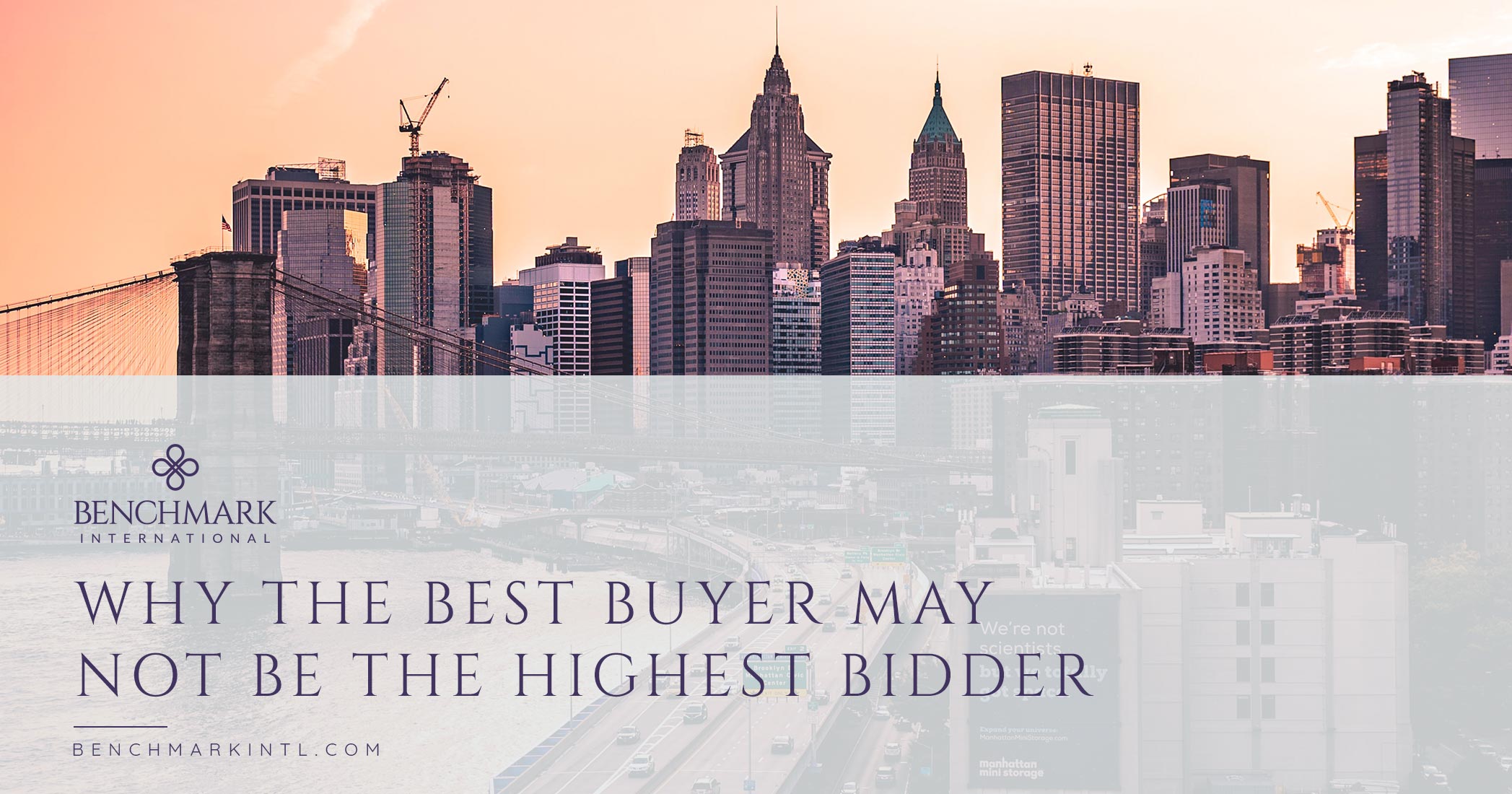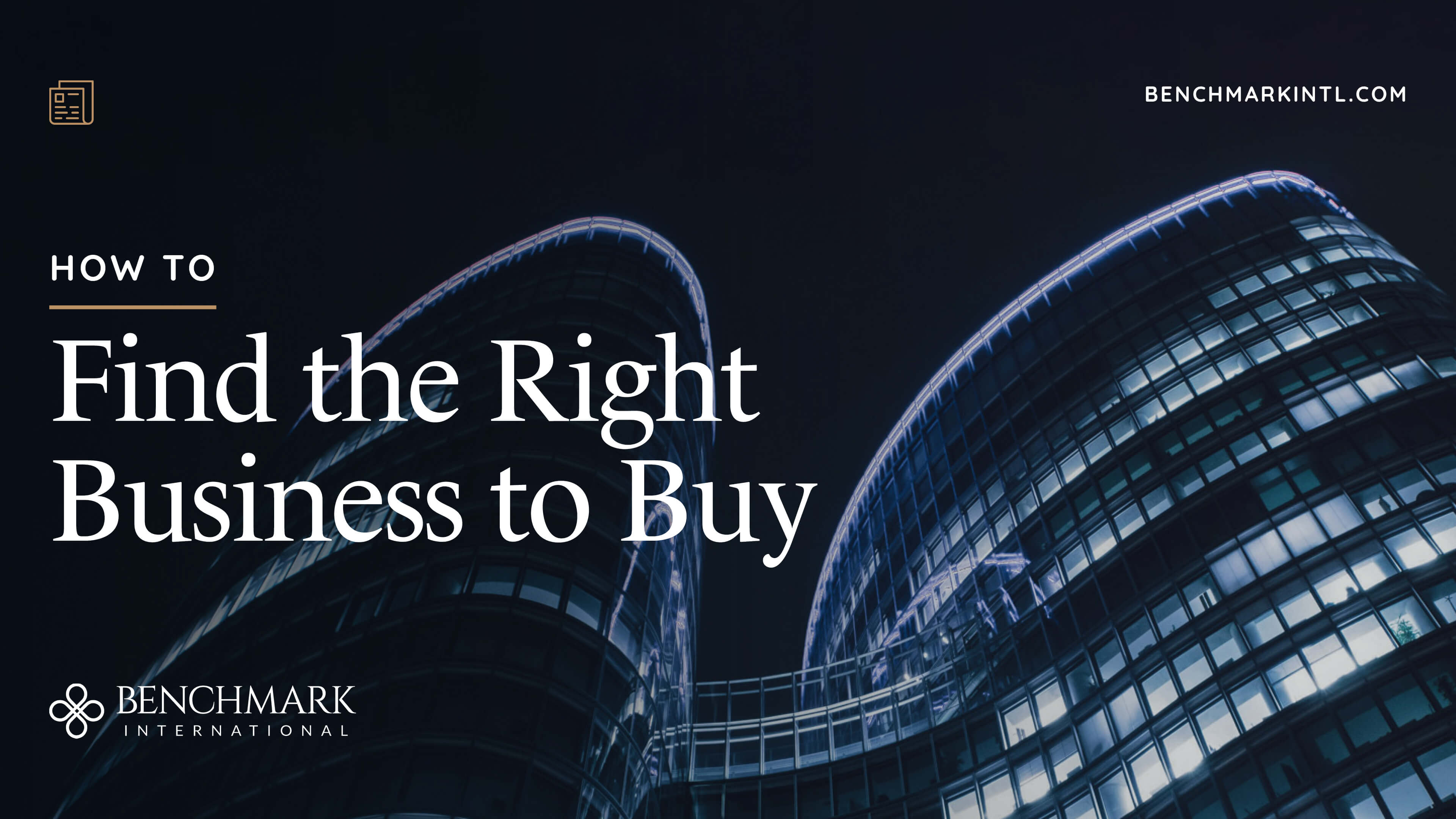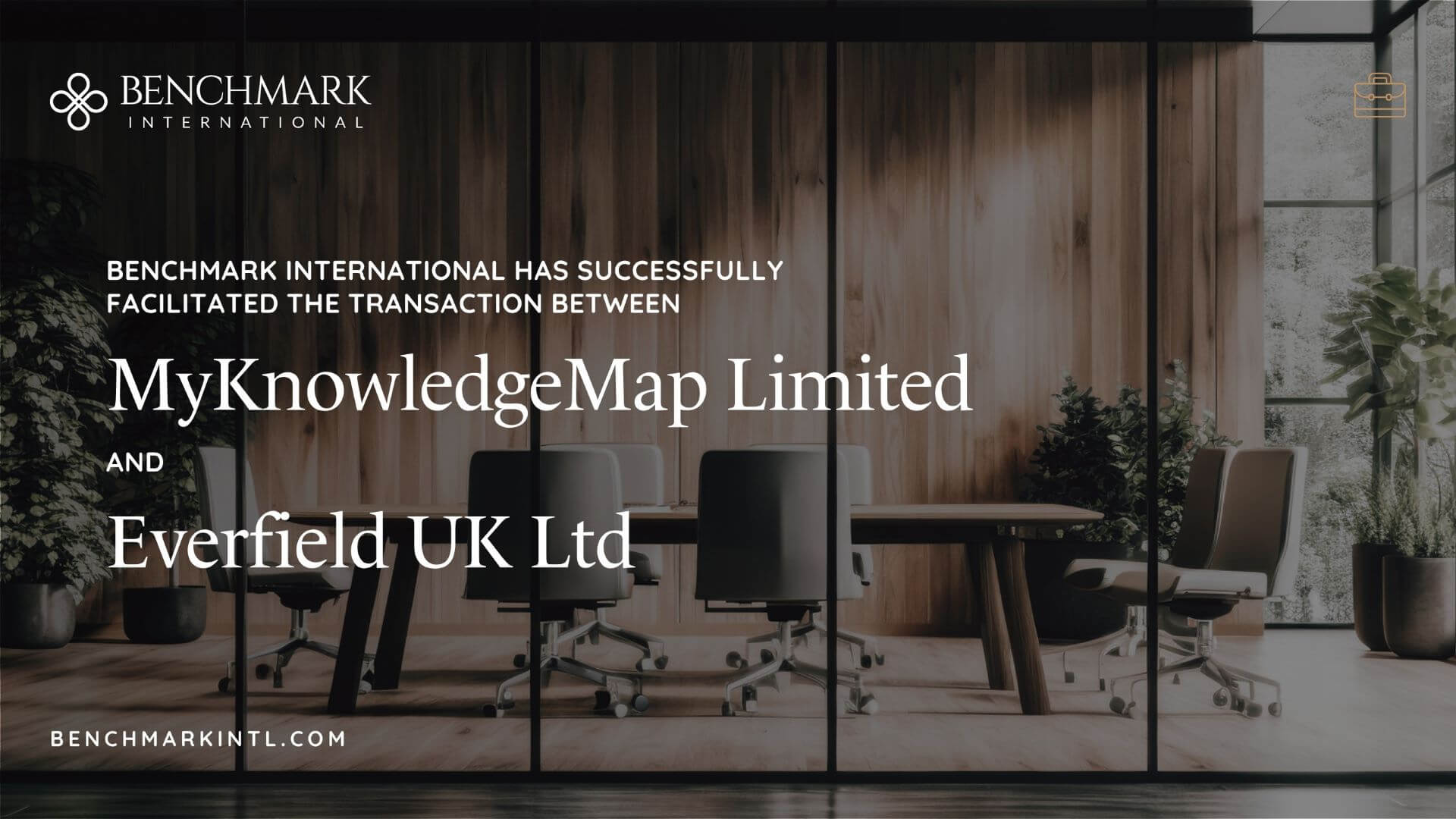
Taking your business to market is a very challenging yet rewarding process. Receiving feedback from potential buyers enables you to learn both what specifically attracts buyers to your company and what your business is generally worth. Throughout the process, a valuable lesson learned will be the importance of weighing all potential offers, rather than strictly accepting the highest offer.
Consider the likelihood that the buyer can finance the proposed offer
Having multiple Letters of Intent (LOIs) to compare against each other is a great problem for a seller to have. Each offer is unique and presents different solutions to finance the proposed transaction. However, an LOI is not binding and simply moves you into an exclusive relationship with a buyer for a set period (typically 60-90 days). Deciding to enter an exclusive relationship with this one buyer can affect your perceived value with other serious buyers, should you have to reopen dialogue if the agreed upon LOI does not ultimately close the deal.
A major component in valuing an LOI is the legitimacy of the offer. One buyer may come in and submit an offer that is a percentage higher than that of other buyers. If you agree, spend time working with the buyer, and ultimately learn that the buyer does not have the funds necessary to pay the intended price, you have lost valuable time on market and there is no guarantee the landscape will be the same upon return to market. For example, other buyers that extended an LOI may have moved on, eliminating them as a potential buyer for your company. Effectively, each seller must determine the authenticity of an offer in respect to the time it will need, the resources that must be committed, and the effect it will have on relationships with other buyers.
Deal structures can be valued in many ways
A second characteristic to consider is the structure of the deal. Four broad levers that buyers have in structuring an offer are cash, equity, debt and earnouts. The percentage makeup of each component is a huge aspect of the offer. For example, a seller who values cash upfront may value a $10 million all-cash offer more than a $12 million offer that is split between 50% cash and 50% earnouts based off estimated financial performance post transaction. An earnout structure would be less appealing to that seller due to the uncertainty of achieving the targeted earnout performance and/or the potential for litigation in the period between transaction-close and the earnout’s expiration.
Compatibility with your potential partner
Unless you fully exit your company and receive a full-cash offer, another topic to consider is determining how well the buyer aligns with you and your company. While not always the case, some buyers may state that proposed deals are contingent upon the owner remaining on full time after the sale because they value the owner’s role for a successful transition of ownership. For any deal in which this is the case, you would also need to reflect on whether you are willing to transition from being the manager to being managed.
A buyer’s compatibility with your company also matters when your payout is contingent upon earnouts or a retained equity position. As mentioned in the previous section, funding for the sale can include earnouts. An earnout is a post-closing purchase price payment that is contingent upon the acquired company meeting negotiated performance goals post closing. If your company’s performance post acquisition does not pan out as expected, the earnout expectations may not be met and you would not receive the compensation which was expected at the close of the deal.
Alternatively, if the seller retains an equity position in the company post sale, then there may be a benefit to accepting an offer from a buyer that is not the highest bidder: if that buyer brings a strategic relationship that grows the value of the retained equity position. Oftentimes this strategic relationship manifests itself in operating synergies allowing for expense reductions, new revenue growth opportunities, or additional management expertise.
Financing strength, deal structure, and compatibility are three of many attributes in addition to the final price that must be considered when selling your company. Ultimately, in a process that is so complex and intense, choosing which offer to accept is not quite as simple as accepting the highest offer.
_2.jpg?width=284&name=Austin_Sellers(2)_2.jpg) Author
Author
Austin Sellers
Deal Analyst
Benchmark International
T: +1 (813) 898 2350
E: ASellers@benchmarkintl.com
Americas: Sam Smoot at +1 (813) 898 2350 / Smoot@BenchmarkIntl.com
Europe: Michael Lawrie at +44 (0) 161 359 4400 / Enquiries@BenchmarkIntl.com
Africa: Anthony McCardle at +27 21 300 2055 / McCardle@BenchmarkIntl.com
ABOUT BENCHMARK INTERNATIONAL
Benchmark International’s global offices provide business owners in the middle market and lower middle market with creative, value-maximizing solutions for growing and exiting their businesses. To date, Benchmark International has handled engagements in excess of $6B across various industries worldwide. With decades of global M&A experience, Benchmark International’s deal teams, working from 12 offices across the world, have assisted hundreds of owners with achieving their personal objectives and ensuring the continued growth of their businesses.
Website: http://www.benchmarkintl.com
Blog: http://blog.benchmarkcorporate.com
.jpg?width=1200&name=Why_the_Best_Buyer_May_Not_Be_the_Highest_Bidder(4).jpg)
 Benchmark International
Benchmark International  Benchmark International
Benchmark International 





